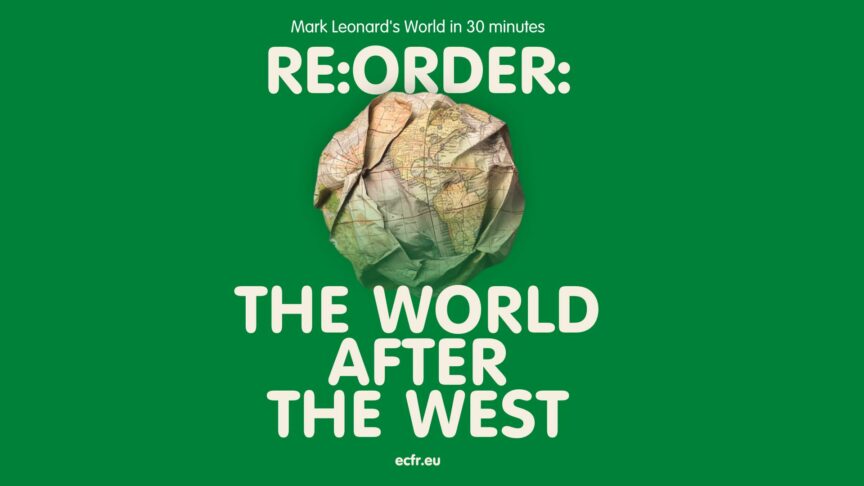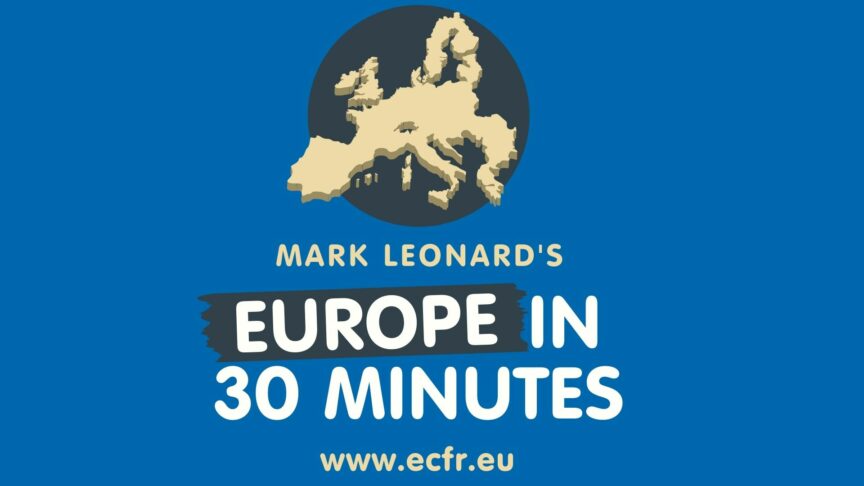The politics of catastrophe with Niall Ferguson
Why do some societies and states respond to catastrophe better than others: some fall apart, most hold together, and a few emerge stronger?
To load the audio player provided by Soundcloud, click the button below. This means Soundcloud will receive technical data about your device or browser, as well as information about your visit on this page. Soundcloud may use cookies and may transfer your data to servers outside the EU, where the level of data protection may not be equivalent to that in the EU. For more information visit our privacy policy.
Catastrophe and disaster have been a frequent phenomenon throughout the history of mankind, coming in different forms. So how is it then that, despite being far more scientifically educated on the origins of disasters, we do not seem to be getting any better at dealing with them? To find out, host Mark Leonard talks to Niall Ferguson, author of the book “Doom: The politics of catastrophe” and senior fellow at both the Hoover Institution at Stanford University as well as the Center for European Studies at Harvard University. Together, they address why some societies and states respond to catastrophe so much better than others. And why do some fall apart, most hold together, and a few emerge stronger?
This podcast was recorded on 16 May 2021.
Further reading:
- “Doom: The politics of catastrophe“ by Niall Ferguson
Bookshelf:
- “America in the world: A history of U.S. diplomacy and foreign policy“ by Robert B. Zoellick
- “The road less traveled: The secret battle to end the Great War, 1916-1917″ by Philip D. Zelikow



